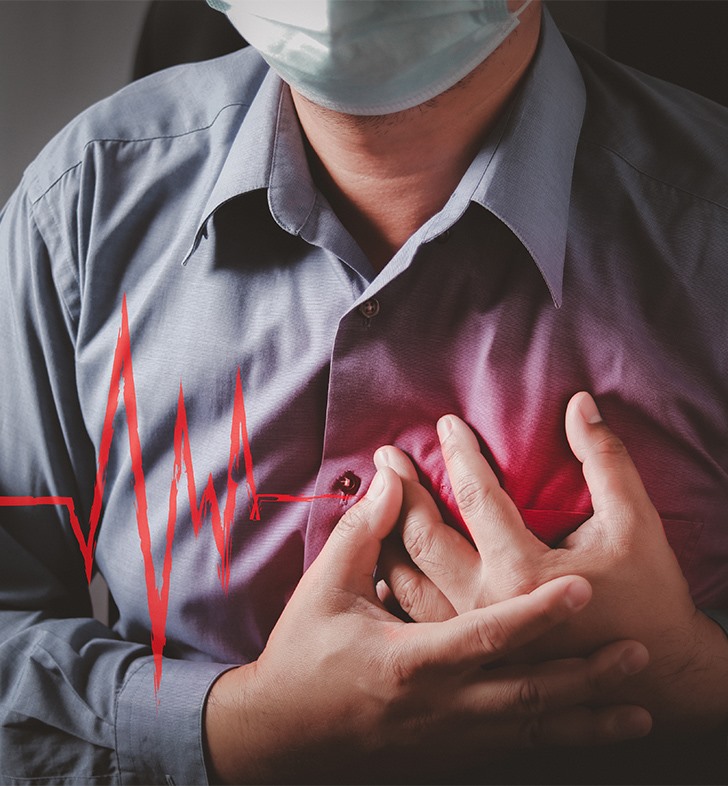
Adult Congenital Heart Disease
Who might have adult congenital
heart disease?
People of all sexes, ages and races
can have adult congenital heart disease. Women have a higher incidence of some
conditions including atrial septal defect, mitral valve prolapse and patent
ductus arteriosus. Men have a higher incidence of other conditions including
aortic coarctation, tetralogy of Fallot and transposition of the great
arteries. Some congenital heart defects are more common in people with genetic
syndromes, like Down syndrome or Turner syndrome.
How common is adult congenital heart
disease?
About 1.4 million adults in the U.S.
have congenital heart disease. The number of people with ACHD continues to
increase by about 5% each year.
What causes adult congenital heart
disease?
Researchers aren’t sure exactly what
causes adult congenital heart disease. Some ACHD may get passed down through
families (inherited). In many cases, ACHD appears in conjunction with genetic
diseases or disorders, such as Down syndrome and Turner syndrome.
You may also have a higher risk of
ACHD if your birthing parent:
Had rubella or influenza (flu)
during the first three months of pregnancy.
Had Type 1 diabetes or Type 2
diabetes.
Took certain medications for acne,
bipolar disorder or seizures.
Took ibuprofen when 30 weeks or more
pregnant.
What are the symptoms of adult
congenital heart disease?
The signs and symptoms of ACHD vary
depending on:
Age.
Number of heart defects.
Severity of the heart disease.
Type of ACHD.
Some people with ACHD don’t have any
symptoms. If you do have symptoms, they may include:
Bluish fingernails, lips and skin
(cyanosis).
Dizziness.
Fatigue, including getting tired
quickly with activity.
Heart murmur.
Heart palpitations.
Irregular heart rhythms
(arrhythmia).
Shortness of breath (dyspnea).
Swelling (edema) of the ankles, feet
or hands.
How is adult congenital heart
disease diagnosed?
Your healthcare provider will first
ask about your symptoms and medical history. They will do a physical exam and
listen to your heart with a stethoscope.
Your provider will use tests such
as:
Cardiac catheterization, which can
also be a treatment.
Chest X-ray.
Echocardiogram (echo).
Electrocardiogram (EKG).
Exercise stress test.
Heart MRI and heart CT scan.
Pulse oximetry.
Transesophageal echocardiogram
(TEE).
How is adult congenital heart
disease treated?
Some minor congenital heart defects
may not need treatment. But you will still need regular heart checkups to make
sure your condition isn’t getting worse.
ACHD treatment depends on the type
and severity of the condition and may include:
Medications: Certain drugs can help
your heart work better, including:
ACE inhibitors and calcium channel
blockers.
Anticoagulants.
Beta-blockers.
Water pills (diuretics).
Implantable heart devices: Your
provider may implant a device to control your heart rate (pacemaker) or fix an
irregular heartbeat (implantable cardioverter defibrillator or ICD).
Cardiac catheterization: During
cardiac catheterization, your provider inserts a thin tube (catheter) through a
blood vessel in your groin. They guide the catheter to your heart. This
procedure can help repair atrial septal defects. Your provider may also use a
catheter with a tiny balloon to widen arteries (angioplasty) or valves
(valvotomy).
Surgery: Your surgeon may perform
heart valve surgery to repair or replace one or more of your heart valves. This
can be open-heart surgery or minimally invasive heart surgery. Your surgeon can
also fix more complex congenital heart defects through heart surgery.
Heart transplant: People with
life-threatening congenital heart disease may need a complete heart transplant.